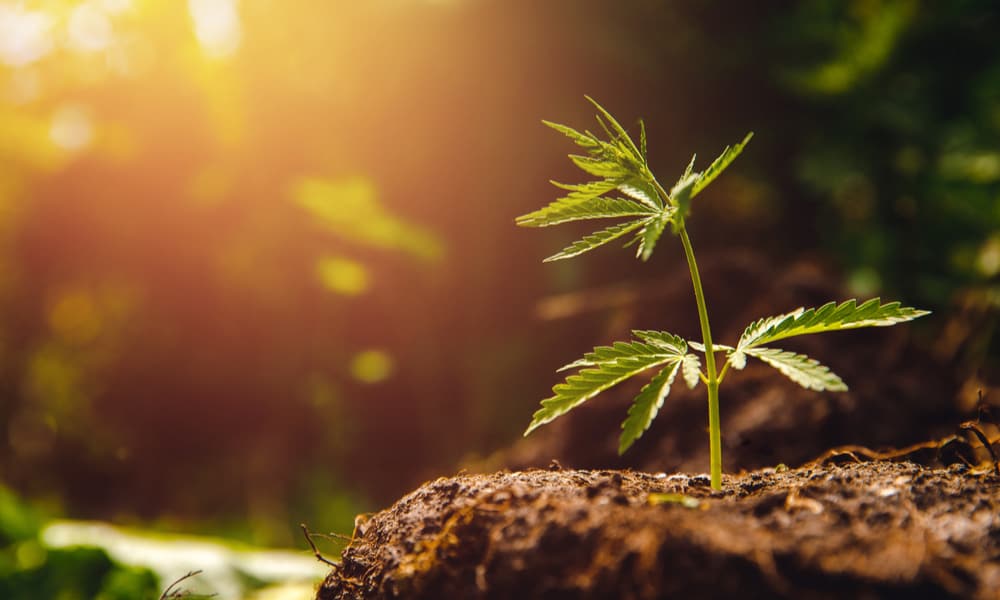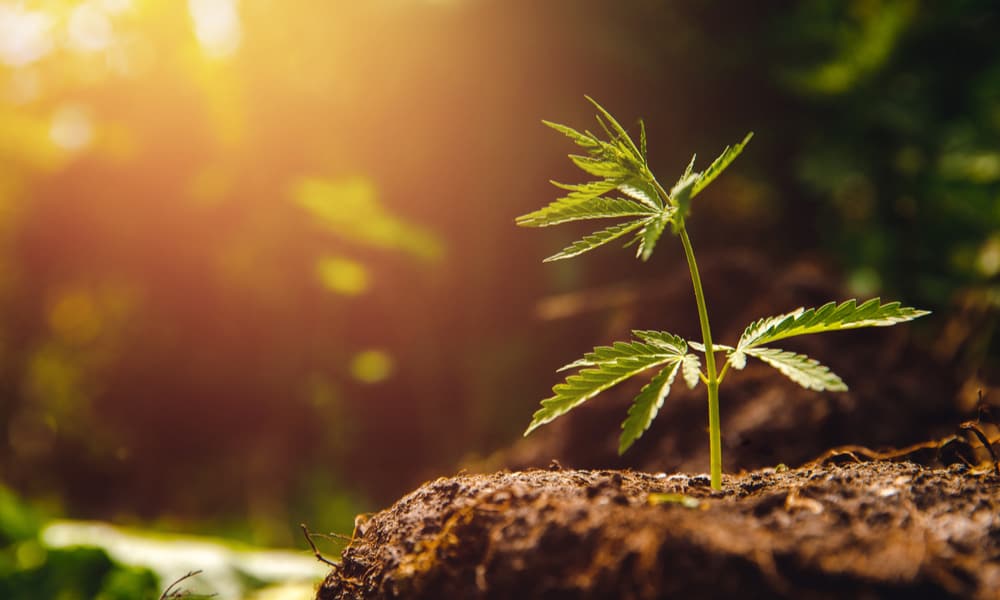
Lawmakers in North Carolina are considering a bill that would allow farmers in the state to grow hemp. The measure, the North Carolina Farm Act of 2019 (Senate Bill 315), would classify hemp as a “viable agricultural commodity” and permit farmers to cultivate and sell the crop.
Hemp agriculture was legalized at the federal level last year with the passage of the 2018 Farm Bill, which requires the states to regulate production. Senate Bill 315 would establish the North Carolina Hemp Commission and task the new body with creating regulations and issuing licenses to farmers. The bill was approved by the Senate Committee on Finance on Wednesday and then referred to the Committee on Rules and Operations of the Senate. The bill has already received the endorsement of the Senate’s agriculture and judiciary committees.
New Cash Crop for Farmers
Republican Sen. Brent Jackson, the sponsor of the measure, said the bill will give farmers in the state new opportunities to succeed and urged quick action from his colleagues in the legislature.
“Hemp production can be a new boom industry for North Carolina farmers, and at a time when we really need it,” Jackson said. “We need to act now to become a national leader.”
North Carolina’s farmers have shown an eagerness to begin farming hemp. Under a hemp agriculture pilot program authorized by the state, North Carolina now has 634 licensed farmers growing hemp on 8,000 acres and 3.4 million square feet of greenhouse space. Only a year ago, the state had 124 farmers cultivating 2,200 acres and 242,000 square feet of greenhouse space.
Opposition from Law Enforcement
Senate Bill 315 is receiving opposition from law enforcement, most notably the North Carolina State Bureau of Investigation (SBI). The agency and other law enforcement officials in the state have called for changes to the bill including a ban on smokable forms of hemp and immunity for police officers who mistakenly make arrests for hemp that they believe is marijuana.
“They need to put something in the bill that would protect officers from being charged with an illegal arrest because they can’t tell the difference,” said Chief Tim Ledford of the Mint Hill Police Department.
The SBI argued in a memo released earlier this year that legalizing hemp will stifle the enforcement of laws against marijuana.
“There is no easy way for law enforcement to distinguish between industrial hemp and marijuana. There is currently no field test which distinguishes the difference,” the memo reads.
But Bob Crumley, the chairman and founder of the North Carolina Industrial Hemp Association, said that the SBI’s claim isn’t true.
“There are two roadside kits available in the United States that I’m aware of for law enforcement to use to differentiate between hemp and marijuana,” Crumley said. “That means law enforcement can tell the difference if they want to get educated.”
“The SBI has had multiple years to deal with these issues and has just failed to do it. I’ve been teaching law enforcement all across the state,” he added.
“I’ve offered to train the SBI, but they haven’t taken us up on that,” Crumley said. “So, for the SBI to come in at this late date and start raising issues is concerning to us.”











